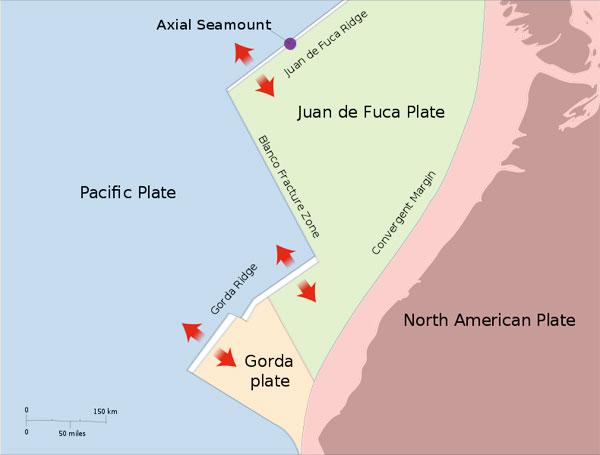
Magma Proves Undersea Volcanoes Do Explode
Get the world’s most fascinating discoveries delivered straight to your inbox.
You are now subscribed
Your newsletter sign-up was successful
Want to add more newsletters?

Delivered Daily
Daily Newsletter
Sign up for the latest discoveries, groundbreaking research and fascinating breakthroughs that impact you and the wider world direct to your inbox.

Once a week
Life's Little Mysteries
Feed your curiosity with an exclusive mystery every week, solved with science and delivered direct to your inbox before it's seen anywhere else.

Once a week
How It Works
Sign up to our free science & technology newsletter for your weekly fix of fascinating articles, quick quizzes, amazing images, and more

Delivered daily
Space.com Newsletter
Breaking space news, the latest updates on rocket launches, skywatching events and more!

Once a month
Watch This Space
Sign up to our monthly entertainment newsletter to keep up with all our coverage of the latest sci-fi and space movies, tv shows, games and books.

Once a week
Night Sky This Week
Discover this week's must-see night sky events, moon phases, and stunning astrophotos. Sign up for our skywatching newsletter and explore the universe with us!
Join the club
Get full access to premium articles, exclusive features and a growing list of member rewards.
Deep-sea volcanoes can explode instead of just oozing, scientists now confirm.
The new proof higher-than-expected levels of carbon dioxide in the magma from a volcano off the coast of Oregon suggests the volcanoes may play a greater role in global climate than thought.
Of all the volcanic activity on Earth, 75 to 80 percent of it takes place at deep-sea ridges in the middle of the oceans. Most of these volcanoes apparently spew out huge volumes of lava instead of erupting explosively , as many volcanoes on land do.
It is a high level of gas trapped in a volcano's magma that normally fuels explosive volcanic bursts. This level has long been thought to be low at mid-ocean ridges; moreover, potential undersea explosions would be suppressed by the crushing pressure from the surrounding water.
However, based on volcanic ash found at certain sites, geologists have speculated over the last decade that explosive eruptions do take place in deep-sea volcanoes . Now researchers say they have proof.
A team of scientists used ion beams to analyze the composition of materials recovered from ash deposits on Axial Volcano, on the Juan de Fuca Ridge off the coast of Oregon. Trapped within crystals from the deposits were droplets of magma containing very high levels of carbon dioxide. These droplets revealed that the magma was indeed rich in gas, at concentrations high enough to generate bubbles in the molten rock for explosive underwater eruptions.
"Direct evidence for high carbon dioxide concentrations in a mid-ocean-ridge volcano was unexpected and surprising," researcher Christoph Helo, a volcanologist at McGill University in Montreal, told OurAmazingPlanet.
Get the world’s most fascinating discoveries delivered straight to your inbox.
These findings suggest the amount of the global-warming gas carbon dioxide that is released from the deeper mantle into the Earth's atmosphere at mid-ocean ridges falls within the higher end of past estimates, nearly 10 times more than the lowest end. That could have key implications for climate change.
Still, Helo said, volcanic carbon dioxide, unlike man-made emissions, "is not a variable that has undergone drastic changes within the past century."
The scientists detailed their findings online March 13 in the journal Nature Geoscience.

 Live Science Plus
Live Science Plus











